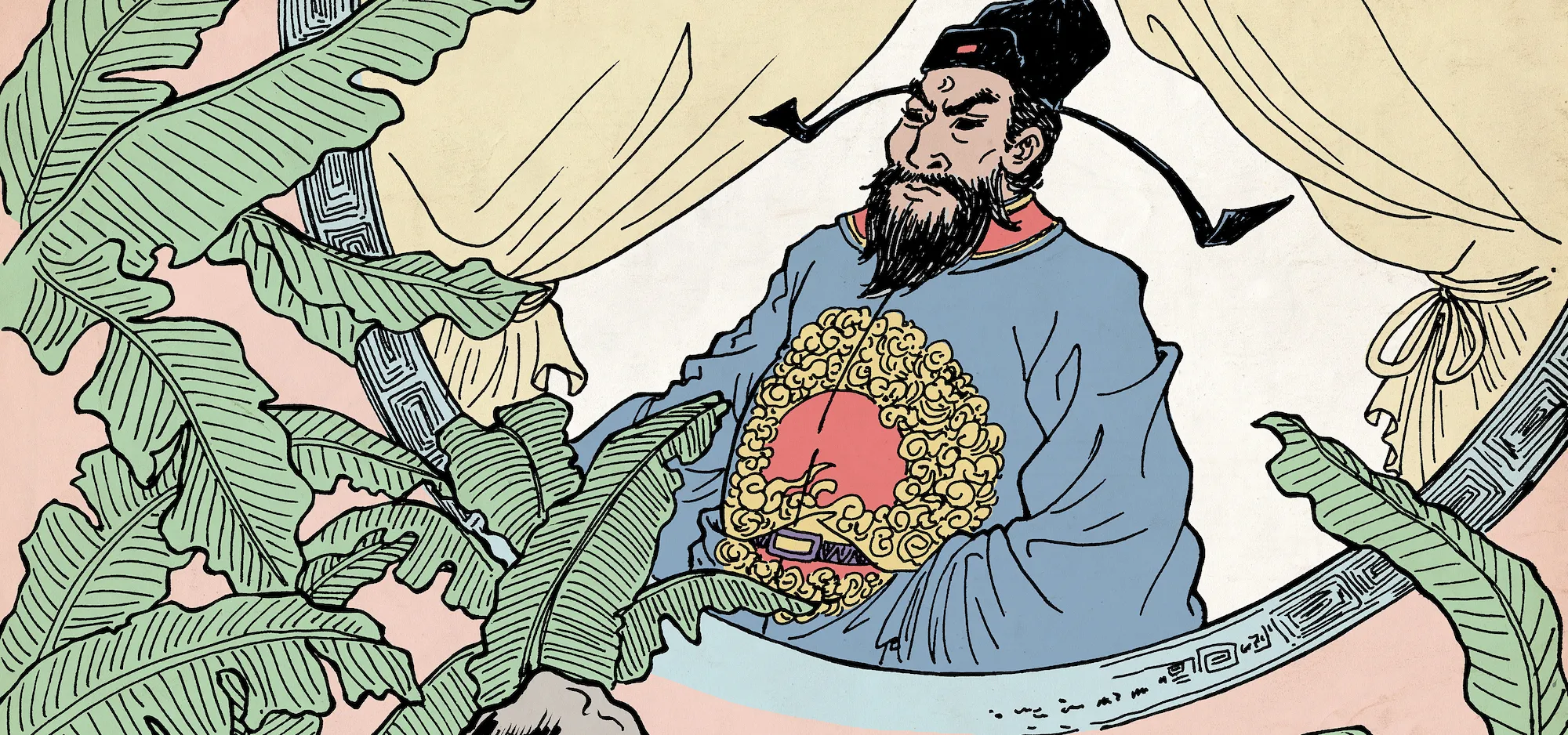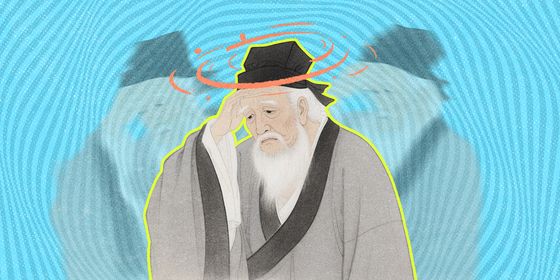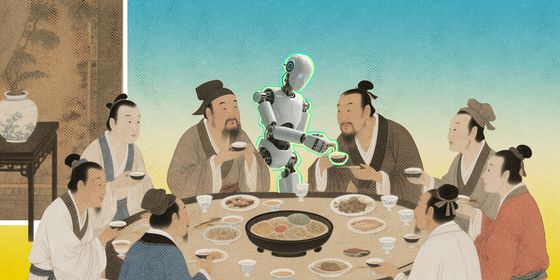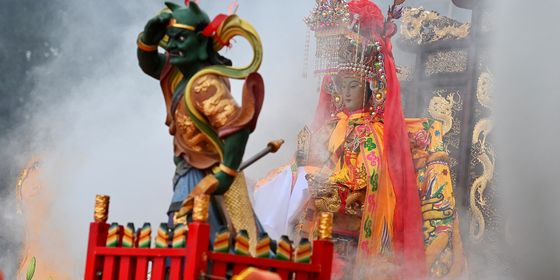Who were the ancient Chinese equivalents of Sherlock Holmes?
From Sherlock Holmes to the pint-sized Detective Conan of Japanese manga, China has fallen in love with the adventures of fictional crime-solving investigators over the years. These days, even real life private detectives (侦探, zhēntàn) are gaining popularity, despite their legal ambiguity, for those seeking help in solving problems the regular police fail to crack.
But China has a long history of famous investigators and detective fiction. During the Song dynasty (960 – 1279), when the artistic form of oral story telling known as shuohua (说话) prospered, crime-solving became a major theme. Later, the scripts of these colloquial stores evolved into an important sub-genre of ancient Chinese vernacular fiction, known as gong’an xiaoshou (公案小说, detective stories).
Private investigation was not a legal profession in ancient China, with crimes meant to be reported to government authorities. Thus, legendary sleuths were often officials known for their commitment to justice and ingenuity in cracking criminal cases. The following detective tales have became so popular and widespread that the characters remain household names even today.
Song Ci solves a murder with the help of flies
Song Ci (宋慈) was a famous forensic medical scientist, writer, and judge in the Song dynasty, and is considered the father of forensic science in China. He combined many historic cases with his own experiences and wrote what is considered the first ever book on forensic science, Collected Cases of Injustice Rectified (《洗冤集錄》).
One famous case showed Song’s powers of deduction. In the case, a man had been found dead in his home with dozens of stab wounds to his body. After a series of investigations, Song found that the murder weapon was a common sickle. Since the door and the windows were all intact and the culprit hadn't stolen the man’s possessions, Song judged that it was a revenge killing and the murderer was familiar with the deceased, as they had gained entry without a struggle. But almost every household in the village had more than one sickle used to harvest their crops, and all looked similar, so it was impossible to tell which one dealt the killing blows.
Song ordered officials to collect all the sickles in the neighborhood, and place them together on the ground in the sun. Gradually, flies gathered on the surface one sickle, so Song pronounced the owner of this sickle as the murderer. Song explained that the flies were attracted by the smell of blood. Though the blood has been washed away, the smell remained, and this sickle was the murder weapon.
Bao Zheng cracks the cattle-tongue case
Bao Zheng (包拯) was a famous politician in the Northern Song dynasty (960 – 1127) and was well-known for his honesty and integrity, once even sentencing his own uncle for a crime. Bao later earned the honorific title Justice Bao (包青天), and is still seen as a symbol of justice in China today.
There are countless legends featuring Bao cracking baffling criminal cases, but this one in the official history record History of Song (《宋史》) is one of the most famous. The records state that a peasant came to Bao to report that someone had cut off his cow’s tongue. Since the beast couldn’t eat without its tongue, it couldn’t cultivate farmland anymore.
Bao told the peasant to kill the cow and sell the meat. The peasant hesitated, as during the Song dynasty it was illegal to kill cattle without permission. But Bao promised that if he slaughtered the animal and sold the meat, he would find who had cut the cow’s tongue.
The peasant dutifully butchered the animal and took the meat to the market. Soon after, another man came to the local court to accuse the peasant of killing a cow against the law. Bao arrested this man as soon as he made his accusation.
Bao explained that because the tongue of the cow was worthless, whoever had committed the crime simply wanted to bring hardship on the peasant out of revenge. Therefore, it was likely that he would be irate at the sight of the peasant profiting from his slaughtered cow, and would report and sue him.
Kou Zhun finds the owner of copper coins
Kou Zhun (寇准) was a chancellor in the Northern Song dynasty and also a much-praised judge. In one case, a butcher and a lumberjack came to his court, each claiming to be the owner of a bag of copper cash and accusing the other of robbery.
After listening to the evidence of both sides, Kou ordered his servants to boil some water on a stove, and then pour all the money into the pot. A few minutes later, Kou declared: “These copper coins belong to the butcher. The lumberjack is lying.”
The lumberjack initially refused to accept the verdict, prompting Kou to explain: “There is a layer of oil floating on the surface of water. Only the butcher’s money could have oil stains.” The lumberjack was left speechless and then confessed his crime.
Huang Ba finds a child's real mother
Huang Ba (黄霸) was a famous official in the Western Han dynasty (206 BCE – 25 CE). He was an expert in law and an impressive interrogator. According to a folk tale, similar to the biblical story "The Judgment of Solomon," two women brought a 3-year-old boy to Huang's court, both claiming to be the child's mother. They were the wives of two brothers, and gave birth at almost the same time, but one of the babies died shortly after birth. Over three years had passed and no other judge had been able to solve the case.
Huang questioned the the two women closely, and proposed a solution: "Let the boy stand in the middle of the court, and both of you can try to grab him at the same time. I will give the child to the winner."
The two women both rushed to grasp the child. The wife of the elder brother furiously yanked and pulled at the child, while the wife of the younger brother held the child and sobbed but seem afraid to pull him too hard. After a few minutes, Huang called a stop to the contest, and proclaimed that the wife of the younger brother was the boy's real mother because a mother would never be willing to hurt her own child.
Realizing Huang had discovered the truth, the elder brother’s wife admitted her guilt.
Cover image from VCG












